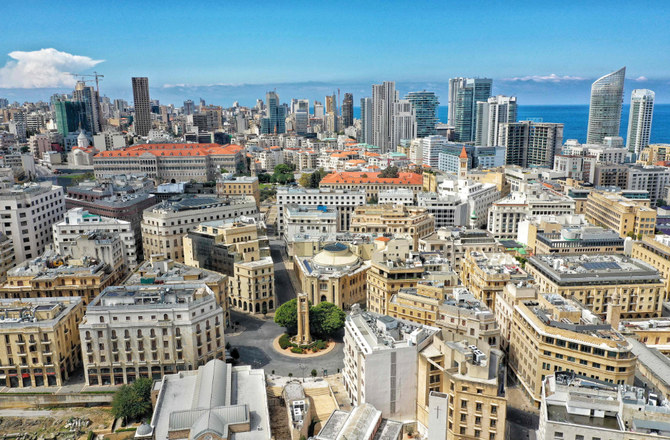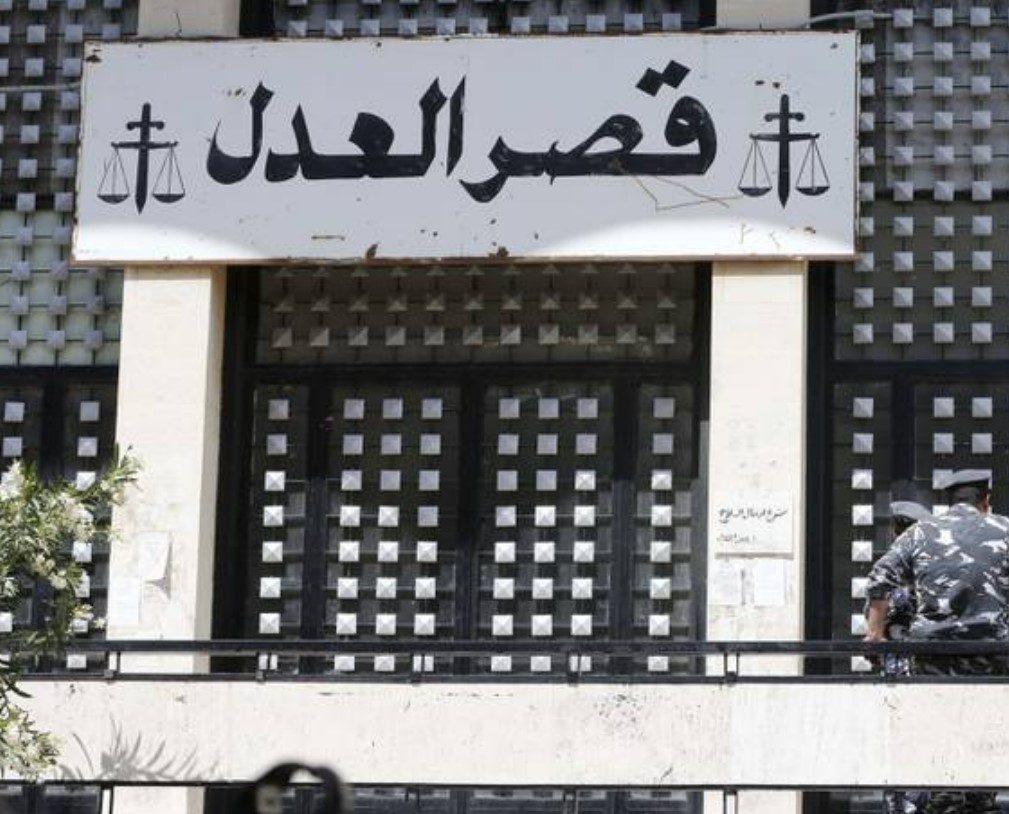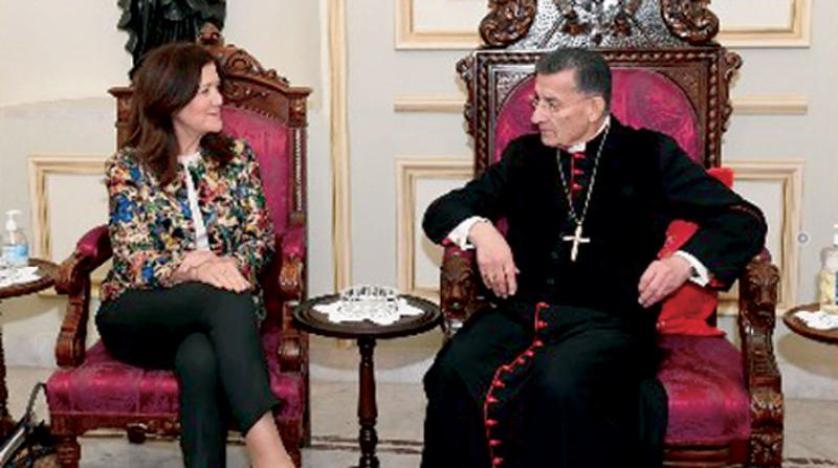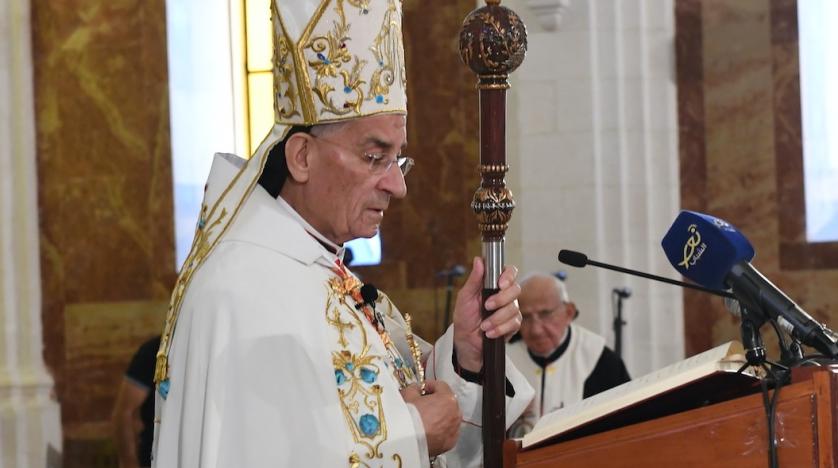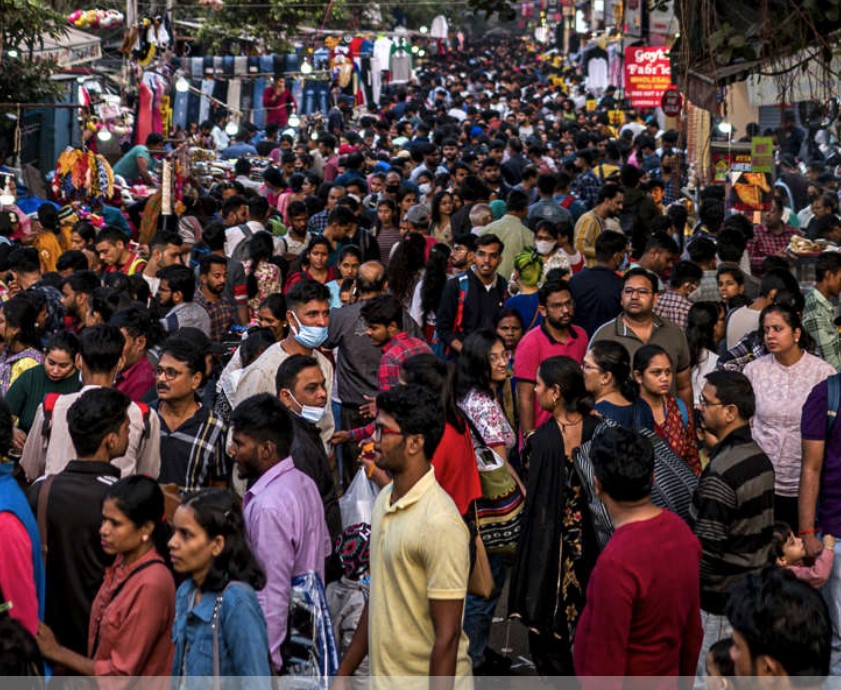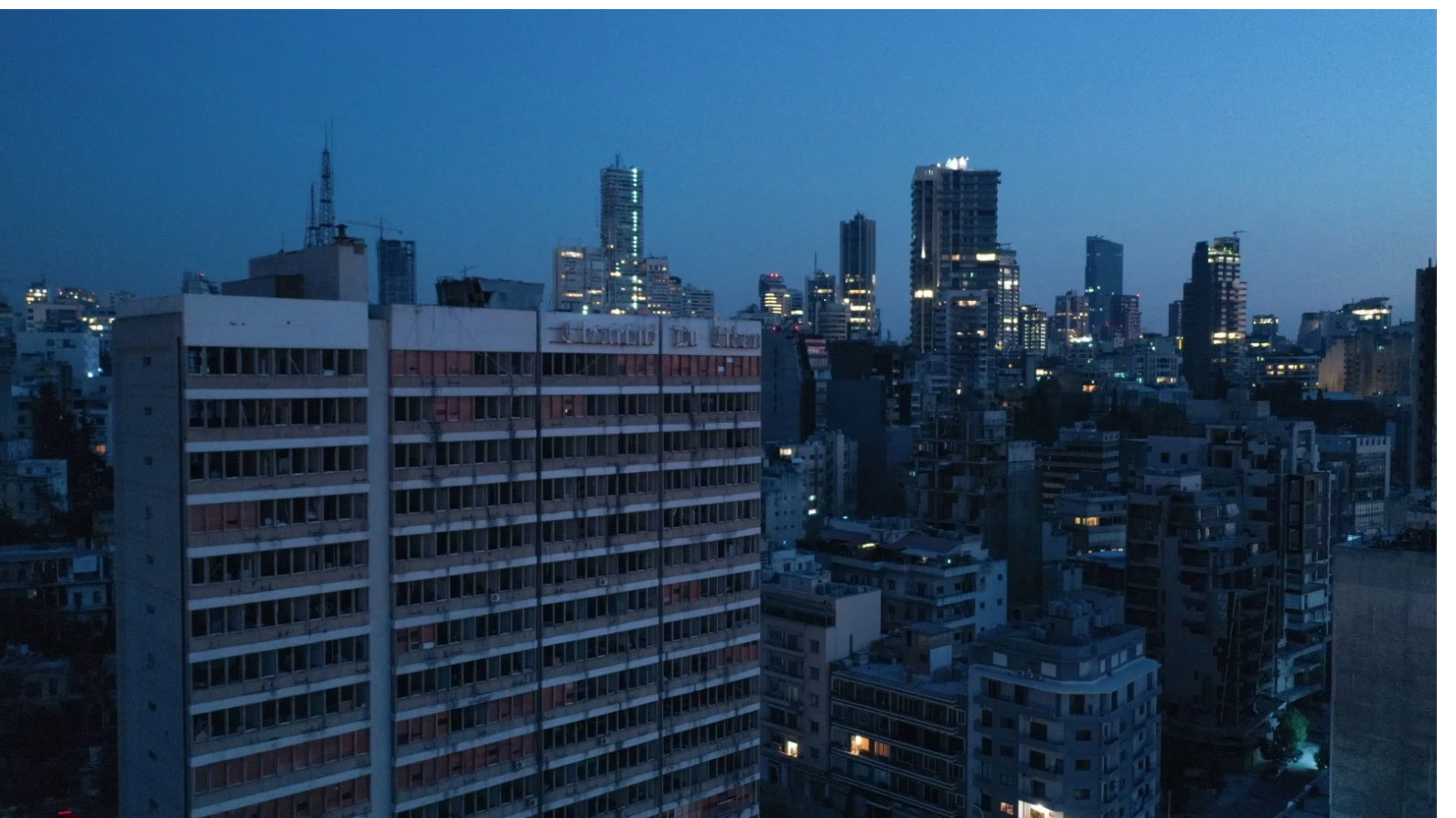
By James Zogby — thenationalnews.com — Without exaggeration, Ralph Nader is one of the transformational figures in recent US history. Because of efforts he helped lead, we drive safer cars, have cleaner water and air, and have a range of safety protections in our homes and places of work. It wasn’t easy. To build the movement for change, he had to confront major US corporations, banks and powerful political lobbies, all of whom had entrenched interests in maintaining the status quo. I also know Mr Nader to be a deeply committed Arab American of Lebanese descent who is a tireless advocate for justice for Arabs and against discrimination here in the US. For months now, he and I have been discussing the continuing crisis in Lebanon and what, if anything, can be done to pull the country back from the abyss and create viable institutions that can provide needed services and earn public trust.
I am prompted to share some of his ideas after reading a lengthy paper recently released by the American Task Force on Lebanon and the Middle East Institute titled “US-Lebanon Relations: Setting a New International Framework for a More Responsive Government”. Both groups have established a record of making valuable contributions to US foreign policy discussion. But while their diagnosis of the problems facing Lebanon are on target, some of the recommendations they offer leave me confounded. The ATFL-MEI report correctly begins with the ominous warning: “Lebanon is on a tragic trajectory, never before seen in its history … Lebanon’s failings can be attributed to endemic corruption by the political class and the ‘state within a state’ impunity of Hezbollah.” This is all true, but then, without even a hint of irony, the report continues: “Lebanon’s leaders must take the necessary risks to reverse their country from falling into the abyss of an economic and political meltdown.” It then goes on to make specific and needed reforms for the Lebanese government, parliament, ministries and political parties to implement.
